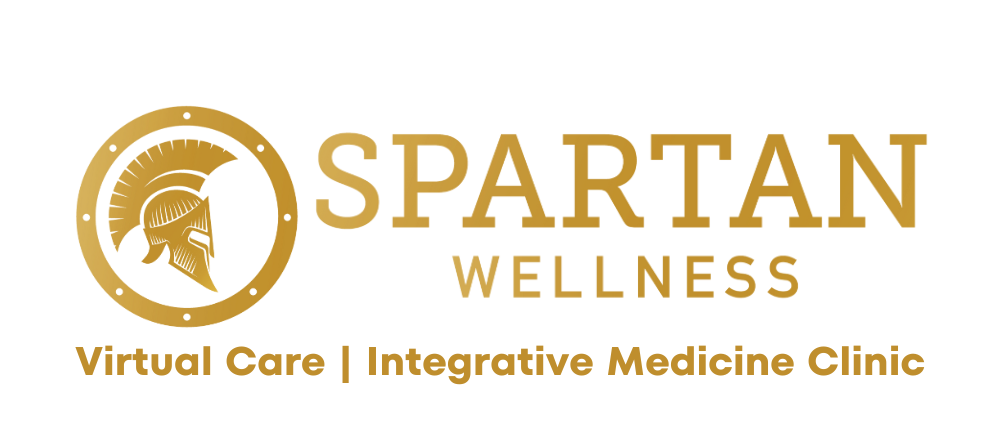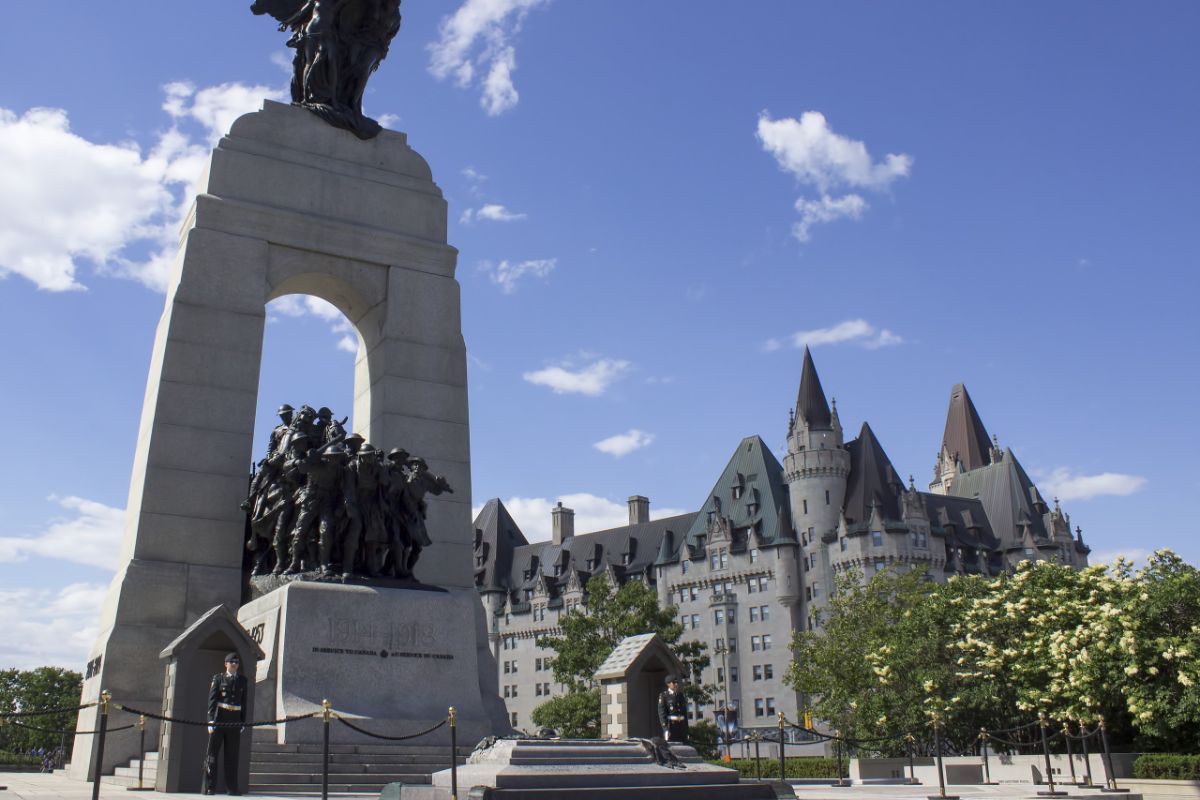Veterans Affairs
7 Summer Activities that Promote Physical and Mental Well-Bein
Introduction: Summer in Canada is a time for exploration, adventure, and embracing the great outdoors. For veterans, first responders, and frontline workers, it’s an opportunity to engage in activities that promote physical and mental well-being, while also fostering inclusivity and diversity. In this blog post, we’ll present seven exciting summer activities specifically tailored for Canadian…
Read MoreMaking your life easier with Pre-Coverage
Did you know Veterans Affairs Canada covers the cost of medical cannabis for certain pensioned conditions. To learn more please visit www.spartannetwork.ca From the time your prescription is sent to your License Holder (LH) of choice to when your coverage is approved by Medavie Blue Cross could take more than a month. Leaving you with…
Read MoreVeteran Community Consultation / Consultation Auprès de la Communauté des Vétérans
(Le français suit) Dear Stakeholders and Advisory Group members, Veterans Affairs Canada (VAC) has launched an online consultation to learn how we can better communicate with and reach out to former Canadian Armed Forces members and their families. The Veteran Community Consultation is geared toward Veterans who do not currently receive benefits and services from VAC.…
Read MoreThe 4 Steps to Take When Applying for a VAC Disability Award
You may hear a discussion of your service injury referred to as a pensioned condition, a disability “award”. Someone may ask you, “Are you applying for an award for your tinnitus?” The usual troop response would be, “No, I’m applying for hearing aids for my tinnitus”. Don’t assume the worst, just a different department and…
Read More10 Things I Wish I Knew Coming Out of the Forces
Transitioning out of the Forces into civilian life can be emotionally and financially challenging for anyone. In order to make that change as smooth as possible, we asked Spartan Wellness co-founder, Riad Byne, to list his top 10 of what he wished he knew coming out of the Forces. In his own words, here is…
Read More

